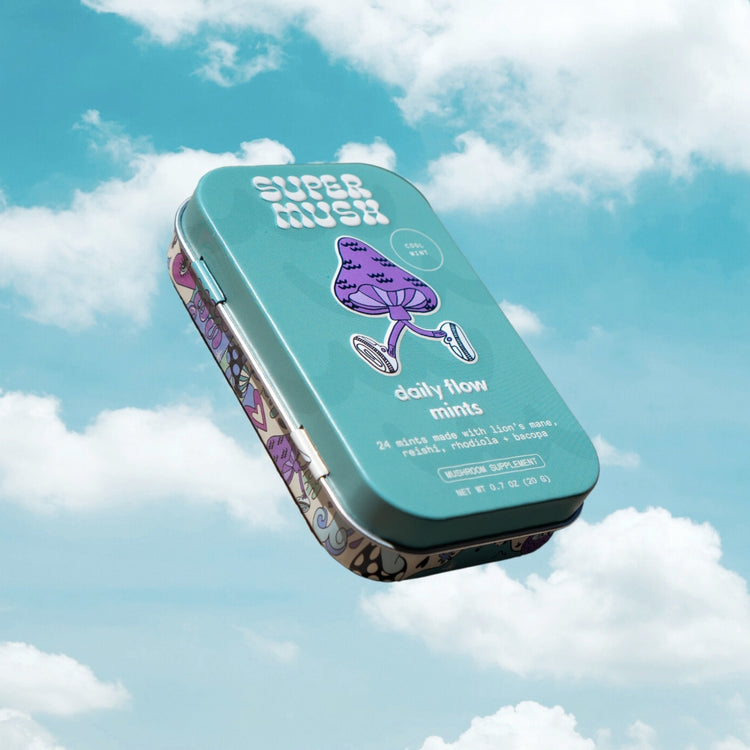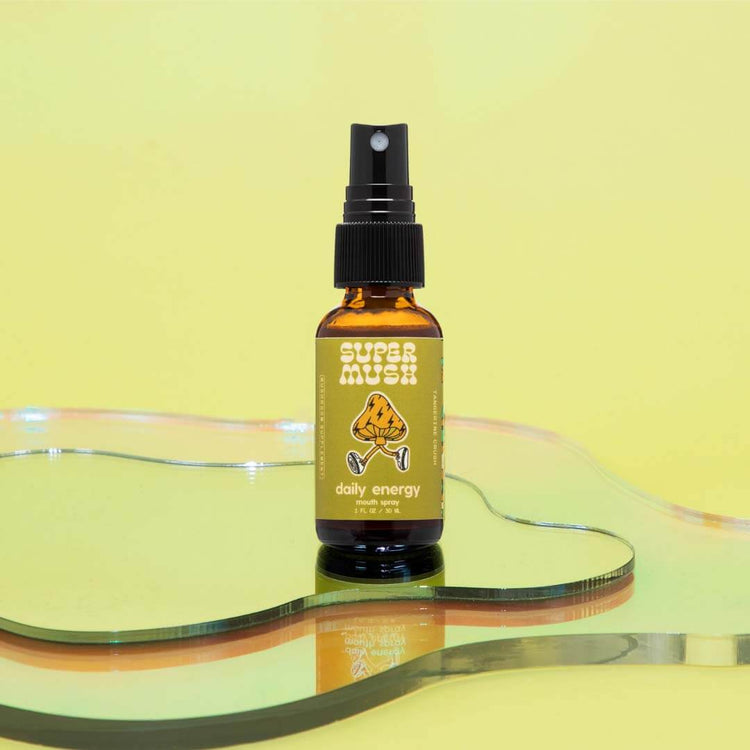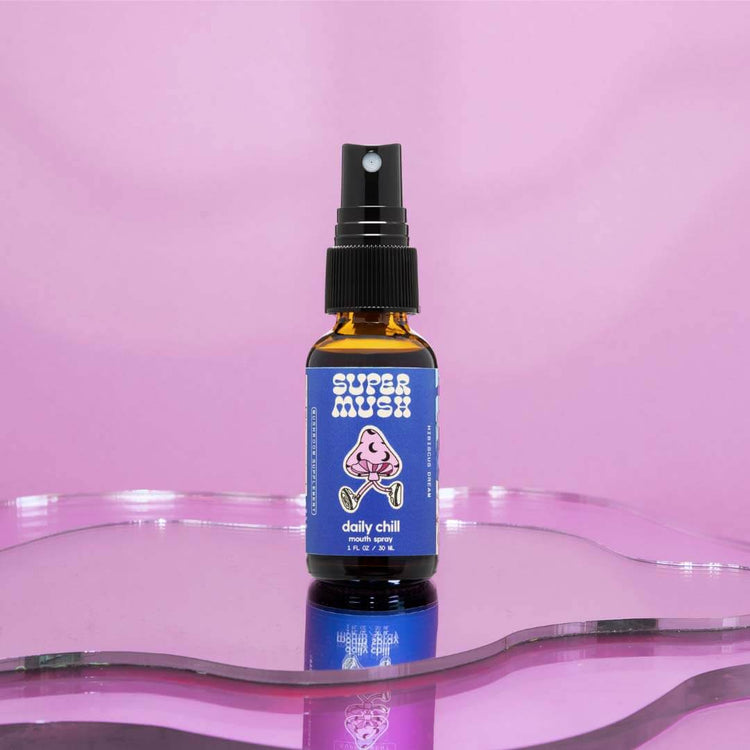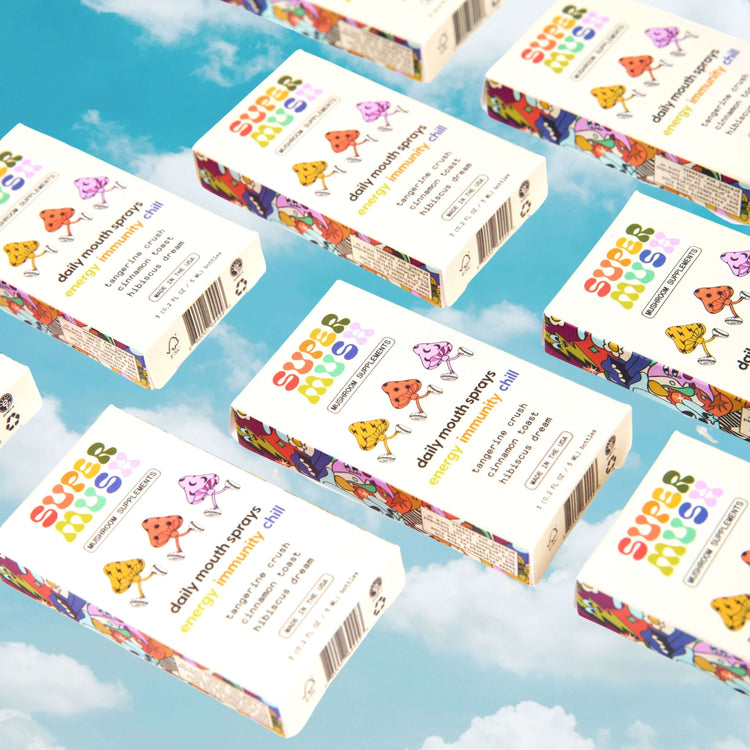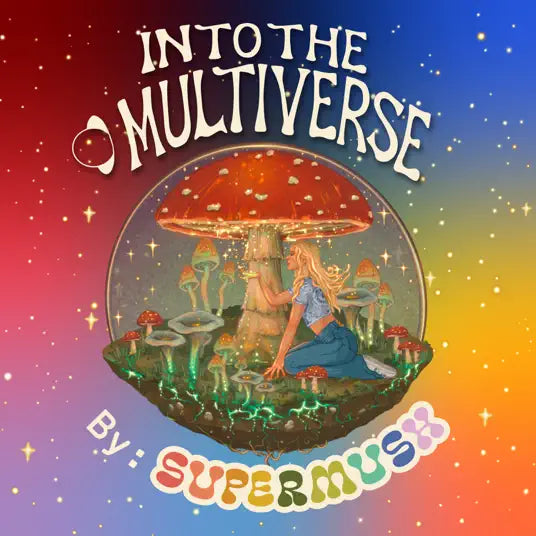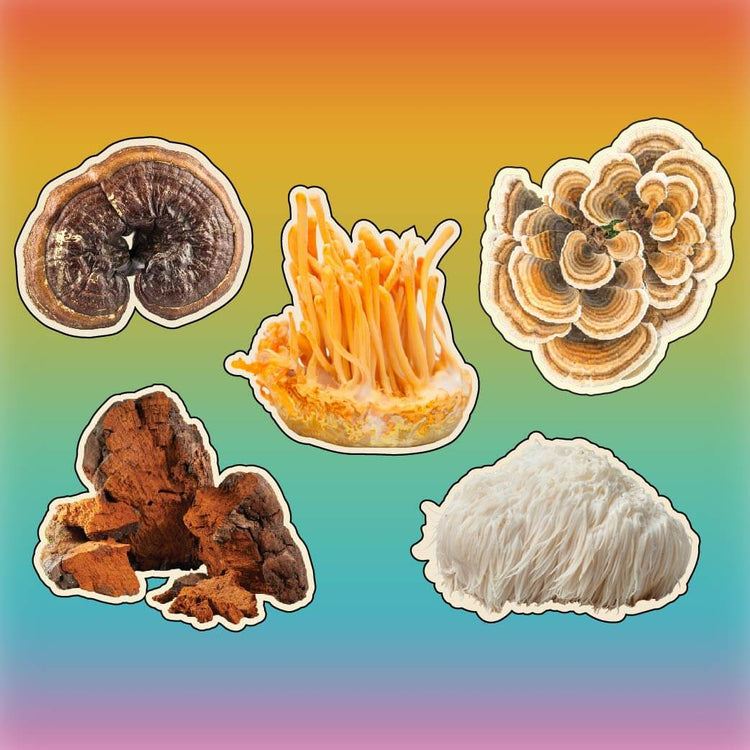Do sleep gummies work? That’s what millions are asking as these chewable supplements take over bedtime routines. With insomnia and poor sleep quality affecting 30% of adults globally, people are turning to convenient, non-prescription aids for help. Sleep gummies, infused with melatonin, L-theanine, magnesium, and herbal extracts, promise a restful night, but do they really work, or are they just cleverly marketed?
In this article, we’ll get into what sleep gummies are, how they work, and if there’s science behind the claims.
What Are Sleep Gummies?
Sleep gummies are chewable dietary supplements designed to promote relaxation and improve sleep quality. Unlike capsules or tablets, these come in flavored, candy-like forms, making them more appealing, especially to those who hate swallowing pills. They often contain a blend of natural sleep-supporting ingredients such as:
● L-Theanine – An amino acid that calms the mind without sedation
● Magnesium – A mineral that supports deep, restorative sleep
● Herbal extracts – Chamomile, valerian root, and passionflower for natural calming effects
Most sleep gummies are designed to be taken 30 minutes before bedtime so the ingredients can work together. Not all gummies are created equal, but well-formulated ones are often backed by clinical doses of proven ingredients, giving them an edge in the sleep wellness market.
Do Sleep Gummies Actually Work?
Yes, sleep gummies can work, especially if they contain clinically backed ingredients in effective dosages. The main ingredient in most sleep gummies, melatonin, has been studied extensively. Melatonin improves overall sleep quality, especially for those with delayed sleep-wake cycles or jet lag.
But melatonin isn’t the whole story. L-Theanine, found in green tea and many gummies, promotes alpha brain waves and calmness without drowsiness. Magnesium is another popular ingredient that encourages deep sleep by regulating GABA receptors in the brain.
But how well sleep gummies work can depend on a few things, such as:
-
Dosage and ingredient quality
-
Individual sensitivity to melatonin or adaptogens
-
Consistency of use over time
-
Lifestyle and sleep hygiene practices
Sleep gummies don't force sleep like some prescription drugs. They encourage your body to follow its natural sleep patterns, especially when combined with a relaxing bedtime routine.
The Science Behind Sleep Gummies
The science behind sleep gummies is in the interaction between their active ingredients that act together on the body's systems, regulating sleep.
The key ingredient for sleeping gummies is in the form of L-theanine. It induces relaxation and soothes the mind, making it easier for you to fall asleep. According to researchers, L-theanine alleviates anxiety as well as improves the quality of your sleep without leaving you struggling to get your morning alertness later on. Magnesium is usually found in sleeping gummies as well. It is essential in helping your nervous system function at its best. It ensures you experience balanced GABA, a neurotransmitter in your brain that slows down nerve activity and calms you down.
You will also see natural extracts such as valerian root and chamomile in certain of these gummies. Both have been used for ages to promote relaxation, and scientific studies validate that as well. Used together, these do not perform as direct sedatives. What they do is assist your body in seamlessly shifting into deep relaxation, especially if you are taking them regularly.
Pros and Cons of Sleep Gummies
Sleep gummies, like all supplements, have both benefits and drawbacks. Understanding these will help
you make more informed choices based on your individual needs and lifestyle.
Pros
1. Convenient and Easy to Use
Sleep gummies are convenient and easy to use. Unlike capsules or tablets, you don't need water to take them, and they are easier to swallow for those who have trouble with pills or prefer a more pleasant experience. That makes them popular among older adults, teens, and individuals with sensory sensitivities.
2. Backed by Clinically Studied Ingredients
One of the most significant benefits of high-quality sleep gummies is the clinically studied ingredients they contain. Melatonin, L-theanine, magnesium, and herbal extracts like valerian root and chamomile are just a few examples.
3. Non-Habit Forming
Sleep gummies aren't habit-forming. Unlike prescription sleep aids, they don't lead to dependency. This makes them a safer long-term option for people who want to avoid pharmaceutical interventions. Many users find they can use them as needed without experiencing withdrawal effects when they discontinue.
4. Supports Natural Circadian Rhythm
What sleep gummies support is your body's natural circadian rhythm. Rather than forcing sedation, ingredients like melatonin help regulate your internal clock. That makes them particularly useful for people whose circadian rhythms are out of whack due to travel, stress, or screen exposure. The goal is to support your body's natural transition into sleep, not override it.
5. Widely Available and Travel-Friendly
Sleep gummies are over-the-counter and legal to buy in most places without a prescription. They’re also compact and travel-friendly, perfect for frequent flyers or shift workers who need a portable sleep support option.
Cons
1. Not Universally Effective
Many people report better sleep onset and quality, but sleep gummies don’t work for everyone. Individual sensitivity, underlying health issues, or inconsistent use can affect results. For people with chronic insomnia or deeper neurological sleep disorders, supplements may not be enough on their own.
2. Variability in Formulation and Dosage
The supplement industry isn’t as regulated as pharmaceuticals, and some sleep gummies may have ineffective dosages or low-quality ingredients.
Conclusion
Do sleep gummies actually work? The research says yes, for many people, they do. Formulated with evidence-based ingredients like melatonin, L-theanine, magnesium, and calming herbal extracts, Supermush sleep gummies can help with relaxation, reduce time to fall asleep, and improve overall sleep quality. They’re a convenient, non-habit-forming alternative to traditional sleep aids and appeal to people looking for a gentle, natural solution.
However, results vary depending on individual factors, product quality, and consistency of use. Sleep gummies aren’t magic pills, but when used with good sleep hygiene and a mindful bedtime routine, they can be a valuable tool for restful, restorative sleep.






